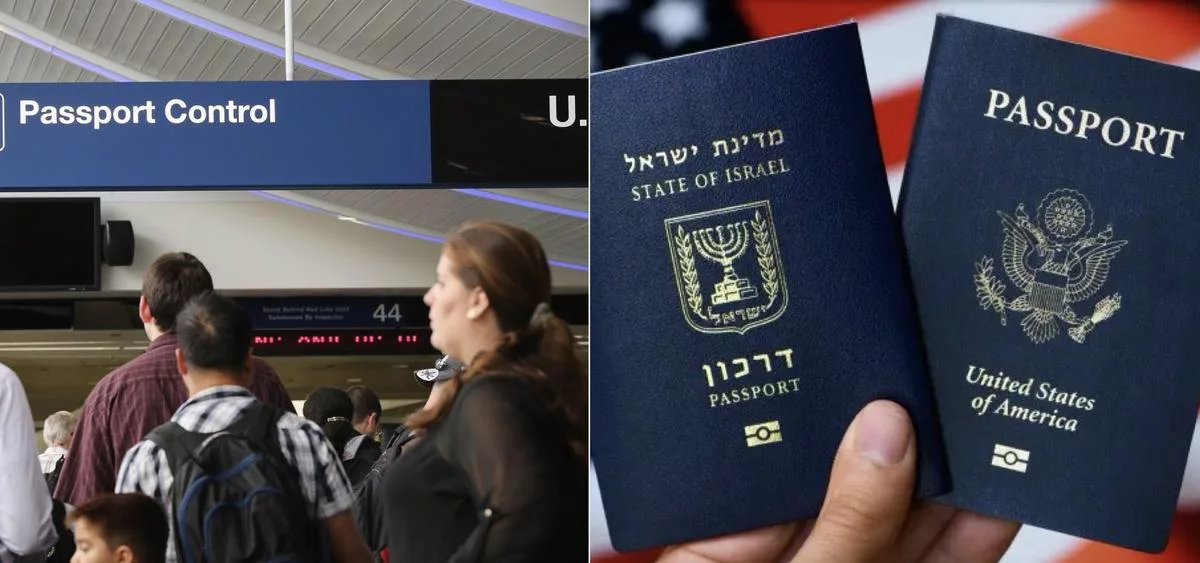India to Revamp Colonial-Era Legal Framework, Modernizing Laws for Enhanced Justice and Security

Credit: Google | Indian Home Minister Amit Shah on the left & Indian PM Modi on the right
In a historic move, India’s government has introduced a comprehensive set of bills aimed at overhauling its colonial-era laws, marking the most significant criminal justice reform since its independence. The proposed changes, presented by Home Minister Amit Shah, address a range of critical issues, including mob lynchings, crimes against women, and outdated remnants of colonial rule.
India’s government unveiled new punishments for mob lynchings and crimes against women on Friday in a proposal for the country’s biggest criminal justice overhaul since the British colonial era.
— Aaj TV English (@AajNewsEnglish) August 11, 2023
Read more: https://t.co/K8IRWukpjw#AajNews #India pic.twitter.com/dlpYcOetL8
India’s existing Penal Code and legal statutes, relics of British colonial governance, have long been criticized for their antiquated references and limited focus on justice. Home Minister Amit Shah emphasized the urgency of modernizing these laws, describing them as a relic of a bygone era that was used to strengthen colonial rulers rather than provide justice.
The proposed reforms entail crucial modifications, such as imposing the death penalty for those involved in mob lynchings, a heinous crime that has plagued the country. Additionally, the bills recommend a minimum sentence of 20 years for gang rape perpetrators, reflecting a commitment to enhance the safety and protection of women.
Recognizing the need for efficiency in the legal system, the proposed changes also introduce innovative measures. Community service provisions for minor offenses aim to alleviate the burden of pending cases that have clogged Indian courts for years. Timelines for trials and investigations will be enforced, addressing a long-standing issue of delays and ensuring more timely resolutions.
Although the bills have been referred to a parliamentary committee for further evaluation, there is potential for their swift passage before the upcoming general elections. Prime Minister Narendra Modi‘s government, which has consistently sought to distance the nation from colonial symbols, views this reform as another step toward a more progressive and independent India.
In a parallel development, the proposed legislation seeks to replace the contentious sedition law, a relic of colonial rule that has often been exploited for suppressing dissent. Instead, a new section will be introduced to address acts that pose a threat to India’s sovereignty and unity, reflecting a shift towards safeguarding the nation’s values in a contemporary context.
Legal experts have raised concerns about potential disruptions and complexities in the legal process due to the changes. However, proponents argue that these reforms offer an opportunity to reevaluate and modernize laws related to the protection of women and minors, while enhancing transparency within the criminal justice system.
Prime Minister Narendra Modi’s administration has consistently worked to update India’s legal framework by scrapping outdated laws. This latest endeavor aligns with the government’s overarching mission to create a more equitable and just society, free from the constraints of its colonial past.
RELATED NEWS
WEB STORIES FOR YOU
Stay connected with Today On Globe for the latest Global Issues and News Updates.
Explore more related articles at [TOG News / TOG Article]






















